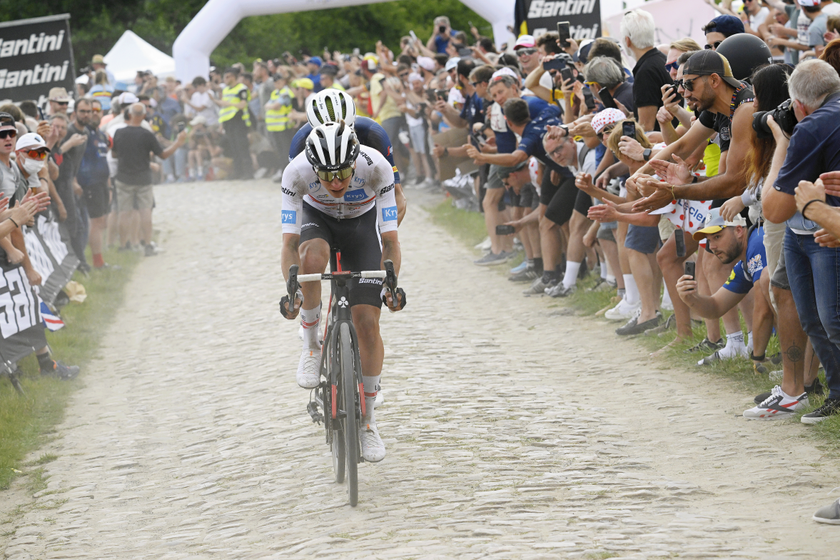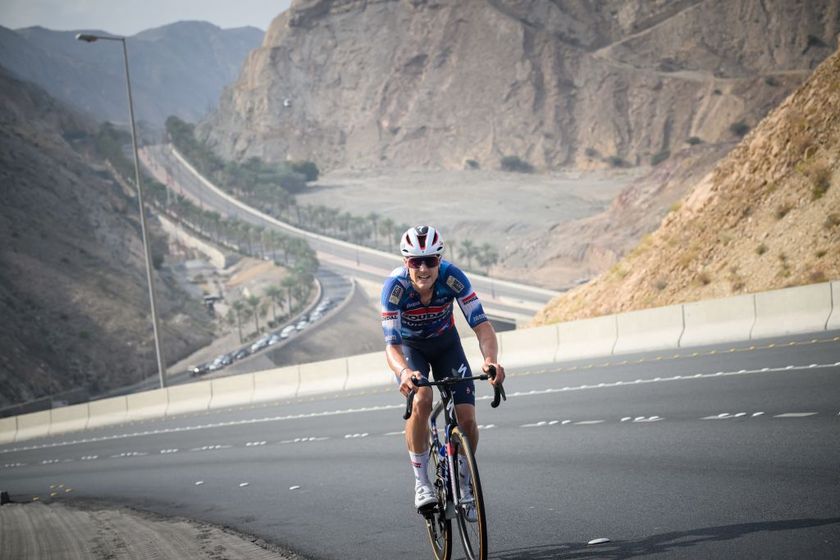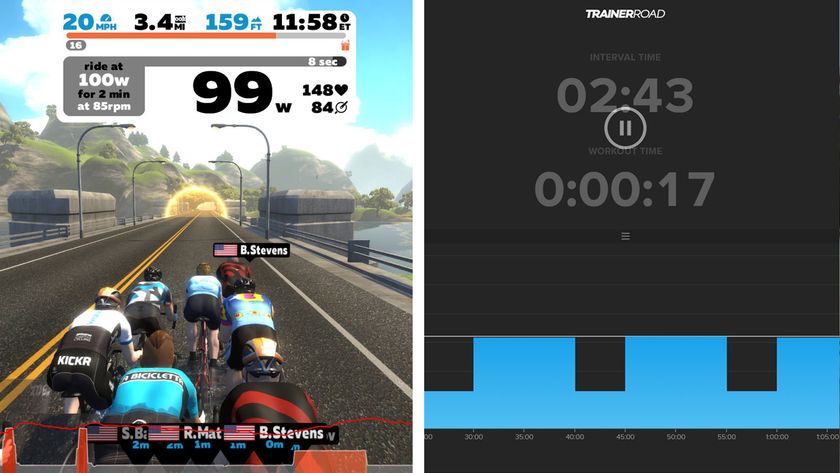USADA case against Armstrong could damage UCI, Ashenden says
Case discusses possible cover up of alleged 2001 Tour de Suisse positive for EPO



Dr. Michael Ashenden, a former independent member of the UCI's passport panel, has reacted to news of USADA’s charges against Lance Armstrong, noting his concern that the charges have implications for the UCI’s credibility.
Ashenden’s reaction is based on USADA’s letter to Armstrong and five other individuals charged with doping violations in a time span stretching from 1998 to 2010. However Ashenden’s concern does not relate to the alleged use of banned substances such as EPO or human growth hormone, but an alleged cover up of a doping control at the 2001 Tour de Suisse.
Armstrong took part in the race and, according to USADA, several witnesses have given testimony that Armstrong told them that a positive test had been covered up. Two former teammates, Floyd Landis and Tyler Hamilton, have both gone on record to substantiate the claims.
USADA’s letter of notification also includes reference to their own interview with the Lausanne lab director, Dr Martial Saugy, who conducted the tests in 2001. Saugy told USADA that Armstrong’s samples were indicative of EPO use. In May 2011 Saugy admitted to attending a meeting with former US Postal sports director Johan Bruyneel and Lance Armstrong to discuss details of the early EPO test method.
“For me the thing that has the most far-reaching consequence is that several witnesses said that Armstrong talked about having a test result covered up,” Ashenden told Cyclingnews.
“That has enormous implications. If the evidence supports that charge it’s likely to descend cycling, which is already fending off a fair bit of criticism, into chaos. It’s hard to understate the ramifications. If Armstrong believed that he had a test that was covered up then that story doesn’t just end with him being sanctioned or not because other people must have been complicit with Armstrong.”
Whether the EPO gel in question was positive, suspicious or negative is secondary to the fact that according to multiple witnesses, Armstrong thought he had had one of his results covered up. He can’t cover it up himself so he must have believed that he’d influenced someone to cover up his result. That points to the UCI, and infers that Armstrong believed at the time that he had the capacity to influence their actions.
Get The Leadout Newsletter
The latest race content, interviews, features, reviews and expert buying guides, direct to your inbox!
The UCI has steadfastly denied any allegations of such a cover up, moving as far as opening legal proceedings against Floyd Landis. However Cyclingnews understands that the American has not received notification of any legal suit in the last two years.
Rather unfortunately for the UCI they have also faced scrutiny over donations made by Armstrong to their bank accounts. Armstrong made two donations to the UCI during his racing career. The seven-time Tour de France winner signed a personal cheque for $25,000 in 2002 and then his management company Capital Sports and Entertainment made a second payment of $100,000 in 2005.
The UCI in 2010 that the money was used in the fight against doping and in July of that year UCI President Pat McQuaid showed Cyclingnews a photocopy of the invoice of the Sysmex blood testing machine that a large part of Armstrong's $100,000 donation was used to buy. He refused to let us take a photograph of it, keeping it in a file marked 'Confidential'.
“The credibility of USADA’s witnesses who made those statements is obviously crucial, and would need to be weighed by the independent arbitrators who would decide upon a case if it were eventually opened. But if the account they have is compelling, and corroborative, then the UCI are inevitably going to be drawn into this,” Ashenden said.
“I know the UCI have strenuously denied this allegation in the past, but the story has added gravity now because USADA believe that there is sufficient evidence to warrant mentioning the issue in their notice letter. The UCI have a duty to the fans and the public in general to police their sport without fear or favor. If it were found that they had in any way been involved in a cover up then it would be fatal for their credibility,”
Daniel Benson was the Editor in Chief at Cyclingnews.com between 2008 and 2022. Based in the UK, he joined the Cyclingnews team in 2008 as the site's first UK-based Managing Editor. In that time, he reported on over a dozen editions of the Tour de France, several World Championships, the Tour Down Under, Spring Classics, and the London 2012 Olympic Games. With the help of the excellent editorial team, he ran the coverage on Cyclingnews and has interviewed leading figures in the sport including UCI Presidents and Tour de France winners.
Most Popular






